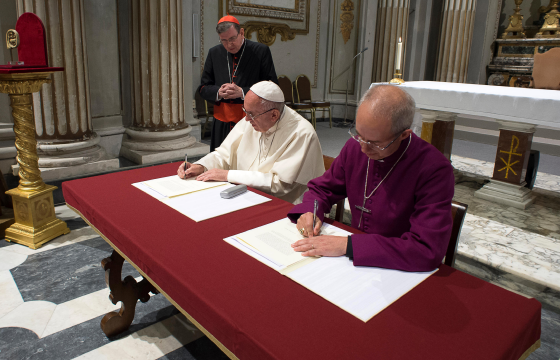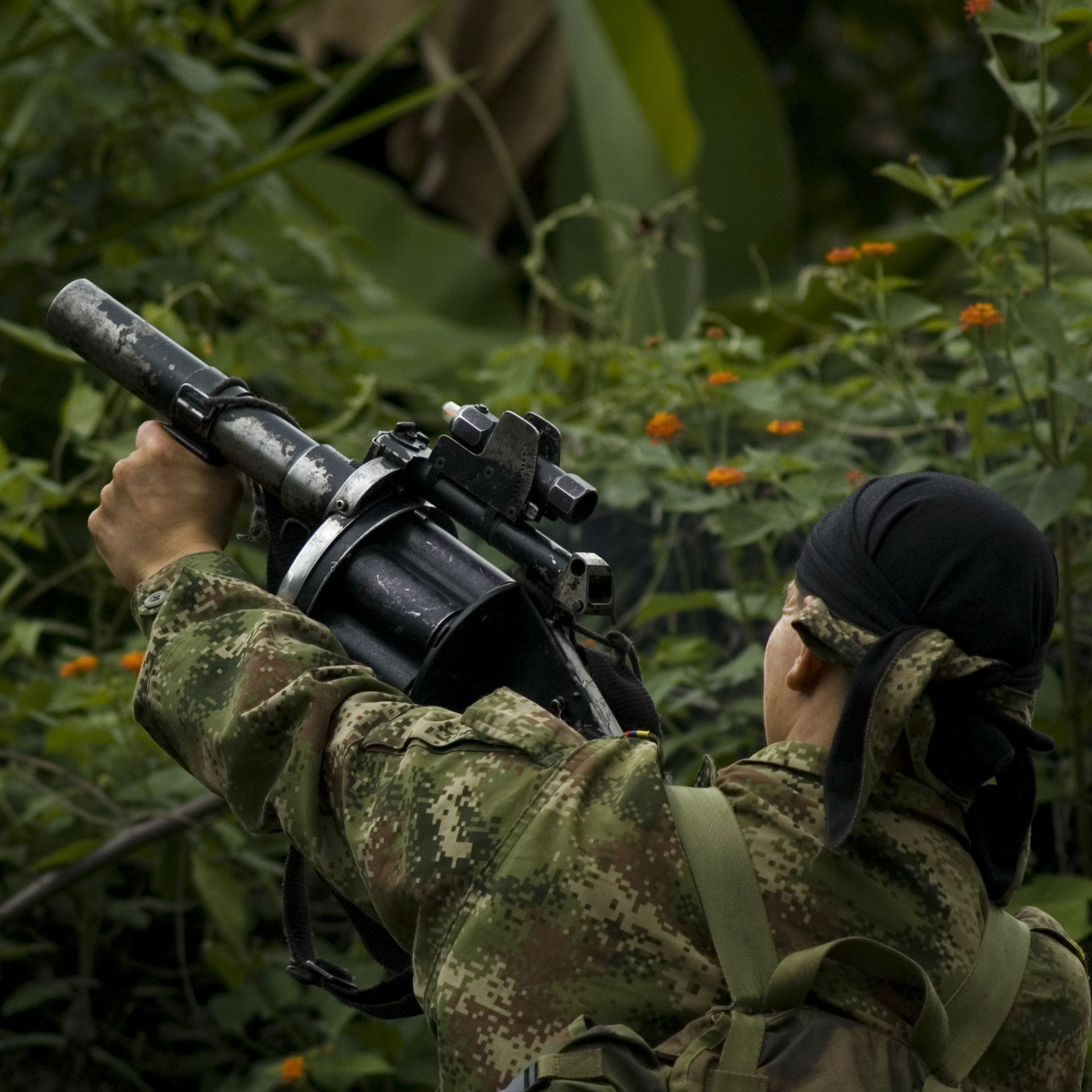The Catholic Church in Colombia is calling on its Government to intervene, following a week where eight rural leaders in one region alone were murdered for their efforts to implement peace.
“We are deeply shocked and saddened by these killings. The Colombian State has abandoned people living in rural areas,” said Monsignor Hugo Torres, Bishop of Apartadó, a municipality in the northwest of the country.
On 29 January, four men abducted land-rights activist, Porfirio Jaramillo Bogallo, in Antioquia. He was later killed and decapitated, reports Colombian newspaper El Tiempo.
Bogallo is one of hundreds of social leaders, indigenous leaders, land-right activists and human rights activists to have been murdered since the Columbian Government and the Revolutionary Armed Forces of Colombia (FARC) signed an historic peace deal in September 2016, ending almost 52 years of war.
The implementation of provisions in the peace accords encouraging small-scale agriculture, political participation, and uncovering truth about past human rights abuses is dependent on social leaders.
In 2016, 80 human rights defenders were killed in Colombia, an increase from 63 in 2015, Catholic international development charity, Cafod, report.
Rebel groups not included in the original peace deal, such as the National Liberation Army (ELN), are thought to be responsible for the wave of killings.
“The conclusion of peace talks with the Farc, and demobilisation of guerrilla members, has created a power vacuum in many rural parts of the country,” explained Bishop Torres, adding that territory previously under influence of the Farc guerrillas is being taken over by paramilitary groups and drug traffickers.
Social leaders are essential to the peace accords’ implementation in rural areas, the Washington Office on Latin America said in an early December report. For this reason they are particularly vulnerable to “those who wish to silence them” continues the report.
“There can be no peace in Colombia without local leaders to implement it. But these leaders are being silenced by threats or killings,” said Cafod’s Head of Region for Latin America, Clare Dixon.
“The recent murders and attempted murders against social leaders in Colombia are not isolated cases,” says a report published by the Ideas for Peace Foundation in December of last year.
“The persecuted leaders represent the democratisation that armed groups and other sector - state and private - dread, because their denunciations touch nerves, bring injustices to light, and can affect power arrangements, ” continues the report.
Peace talks between the Government and the National Liberation Army began on 7 February in Ecuador.
PICTURE: A member of Farc in the mountains of Cauca, Colombia. Colombian official said in January that nearly half of all Farc members have turned themselves in to reincorporation zones as part of an agreement that will allow the former illicit guerrilla group to establish a political party.




 Loading ...
Loading ...